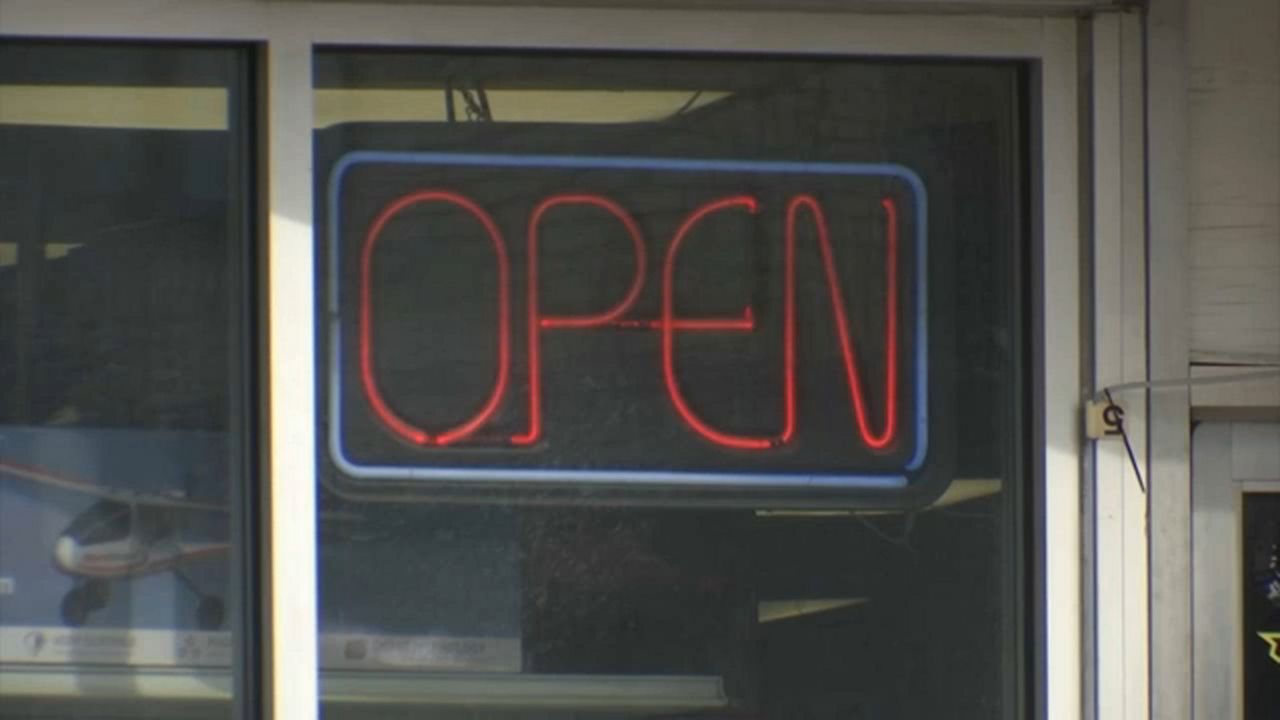Business organizations in New York are warily eyeing the end of the legislative session that also saw an increase in New York's minimum wage and measures meant to offset the effects of climate change, but ones they worry will lead to added costs for utility bills in the near future.
The private sector has a lot at stake with what happens in the final week of legislative work for lawmakers in Albany this year: Broadly, New York's economy has struggled to fully bring back all of the jobs lost in the immediate aftermath of the COVID pandemic.
At the same time, sustained inflation has driven up both wages and costs.
What businesses want
For years now, employers have called for relief from a surcharge on New York's unemployment insurance as the state seeks to address billions of dollars owed to the federal government due to swelled jobless ranks at the start of the pandemic.
Employers have been on the hook to pay down the unemployment insurance debt, leading in some cases to employers having their monthly costs triple. But the provision wasn't accomplished in the state budget.
At the same time, retailers want state lawmakers to address the rise in in-store thefts as legislation has been proposed to boost penalties.
“We are in the home stretch of the 2023 Legislative Session, and if we know anything about Albany and how Legislative leaders conduct business, we know that a lot can happen in only four days,” said Justin Wilcox, the executive director of the pro-business Upstate United. “As an organization, we were able to identify a handful of strong proposals that we would like to see passed in the final days, but it comes as no surprise that we identified far more measures that we believe would be problematic to industries, employers, and New York taxpayers."
The end of session has also made for an alignment with some business organizations and advocates for criminal justice law changes amid the ongoing negotiations surrounding a proposal to seal many criminal records in the state.
Groups like the Business Council, the Partnership for New York City and utilities like National Grid are supportive of the measure.
What business don't want
But there's a lot employers and private-sector lobbyists don't want this year: An expansion of New York's wrongful death statute, a measure adding new restrictions on solid waste packaging.
The packaging measure has the backing of environmental groups who argue the is meant to reduce solid waste production in New York statewide and boost recycling efforts. Businesses would also be required to reduce paper and solid waste use in the coming years.
The measure has drawn the ire of The Business Council, which has argued it would place a significant burden on the private sector.
“This legislation will not just be costly to private sector employers but will result in increased consumer costs and fewer choices for consumers,” said Ken Pokalsky, the group's vice president of government affairs. “Entire categories of packaging materials will be restricted, and companies will change their offerings to respond to new state-specific mandates and prohibitions, also hurting consumer options.”
But much of the onus would be placed on businesses to curtail paper and solid waste in the state in the coming years if the bill is given final approval.


